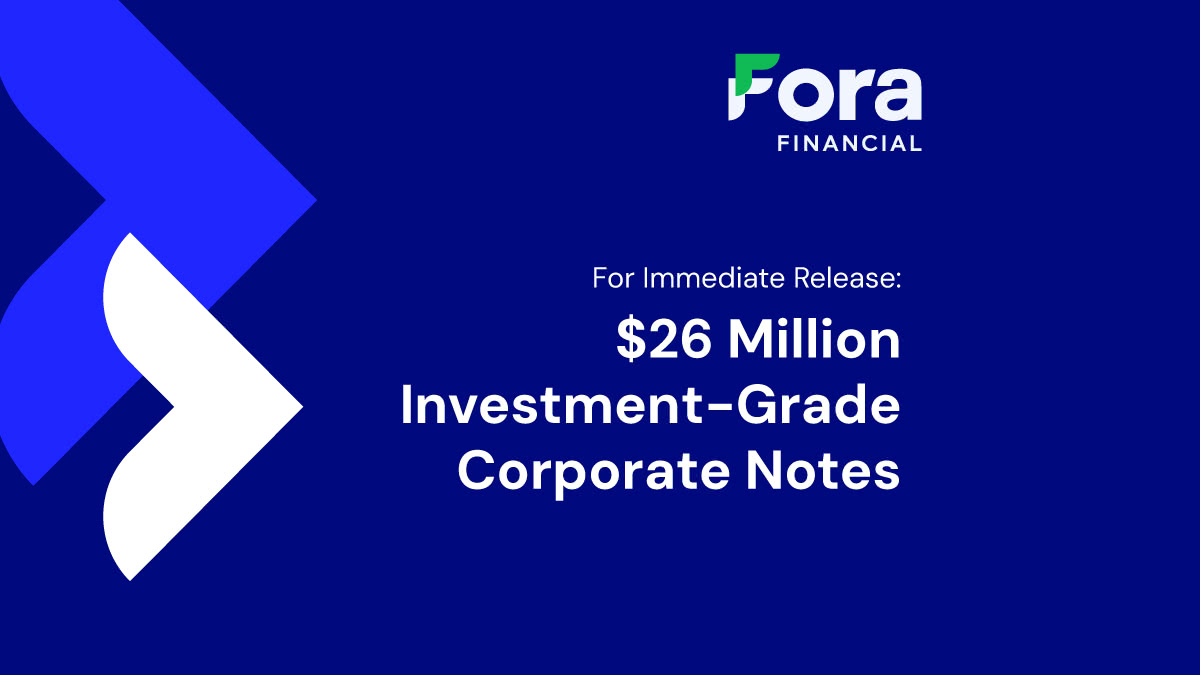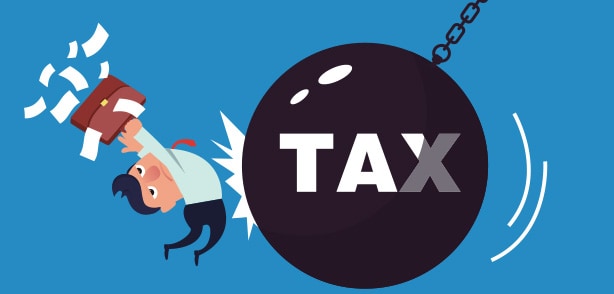How to Size Up Your Business-funding Options

Last week, one of the ovens at the Serious Dough Bakery baked its last loaf of pumpernickel bread, right before the weekend rush. Wendy, the bakery's owner, wasn't anticipating a large fourth-quarter purchase, which would involve, well, some serious dough of another kind.
Wendy didn't waste time researching her options — everything from traditional bank loans to using a credit card. But how could she make sense out of all these choices?
Asking these questions about your business is a great start...
1. How quickly do you need the funds?
Some funding sources are faster than others. If you need capital right away, your options may be more limited than if you can wait weeks or even months. Note that you're more likely to get approved for loans with low interest rates and favorable terms if you're up for a rigorous application process.
2. Does your business and/or personal credit score(s) meet eligibility standards?
Before approving you for a loan amount, business lenders will look at your credit score. The higher it is, the more financing options you'll have at your disposal. If you have good credit, you can get approved for term loans and SBA loans that offer favorable interest rates and terms.
3. Evaluate your business's current and projected finances
It's important to explore and document your current financial situation to determine how much you really need to borrow. If you have sufficient cash flow, you may not need to borrow much at all. In addition, if you have consistent cash flow, you may feel comfortable borrowing more money.
Your projected finances — one year ahead, if possible — are especially important if you own a startup or newer business. By making projections, you'll get a sense of the monthly payments you can afford. Ask a CPA or financial planner for help if you're not feeling like a forecasting whiz. Of course, you can't determine exactly how much revenue you'll generate, so be conservative. You can always borrow more money if you exceed your revenue goals.
4. What business stage are you in?
A new business owner may need to borrow more money than an established business owner because startup costs and initial expenses like commercial property, marketing, and insurance can really add up. In this case, you may be better off with a term loan, as it can provide you with hundreds of thousands of dollars. In addition, keep in mind that the best business funding sources for your company will change as your business needs evolve.
Consider your business funding options
You have many different types of short- and long-term business funding to choose from:
Bank loans, which involve relatively long application processes, are available in many amounts, but are often large with long-term repayment periods.
SBA loans, which come with more rigorous requirements than short-term lenders, are available for up to $5 million.
Business credit lines vary in amount and can include variable interest rates.
Invoice financing is a short-term solution in which you borrow against the amount of your currently outstanding invoices.
Revenue cash advances, are not a loan but a type of financing. You sell a portion of your future sales to a company in exchange for a lump sum of cash, then repay the company with a percentage of your sales.
Bridge loans, are a short-term solution, covering a cash-flow gap until future revenue comes in.
Equipment financing is often offered by equipment firms and/or manufacturers. The equipment is collateral.
Credit cards are a stopgap alternative that should be paid off as quickly as possible to avoid high interest charges.
You can also research business grants offered by government agencies, state organizations, and private companies. They are difficult to qualify for, but you don't have to pay them back. Or consider bringing on investors/donors, who will provide you with funds in exchange for part ownership of your business or at least some kind of gift or perk. Online crowdfunding sites, like Kickstarter, abound. Offline, you can attend business events, trade shows, and networking events to connect with potential investors.
Serious Dough Bakery ended up going with quick-turnaround funding that Wendy knew she could repay quickly. Hopefully, with the information we've provided here, you can make similarly well-informed funding choices for your unique business needs. When you evaluate your organization objectively and consider your short- and long-term goals and current financial standing, you're on your way to making the right choices.
Since 2008, Fora Financial has distributed $4 billion to 55,000 businesses. Click here or call (877) 419-3568 for more information on how Fora Financial's working capital solutions can help your business thrive.






